
The Chiku plant, scientifically known as Manilkara zapota, is a fascinating tropical evergreen tree with a rich history and a plethora of uses. Also commonly referred to as sapodilla, naseberry, or sapota, this tree belongs to the Sapotaceae family and is native to the warm, humid regions of Mexico, Central America, and the Caribbean. Its significance spans culinary, medicinal, cultural, and ecological realms, making it a cherished species in many tropical regions around the world.
Taxonomy and Botanical Characteristics
The Chiku plant is a member of the genus Manilkara, which encompasses approximately 80 species of trees and shrubs distributed throughout tropical regions. Within this genus, Manilkara zapota stands out for its economic importance and cultural significance.
1. Morphology
Leaves: The Chiku plant features glossy, elliptical to ovate leaves that are dark green in color and arranged alternately along the branches. These leaves are leathery in texture and can grow up to 5-15 centimeters in length.
Flowers: The tree produces small, bell-shaped flowers that are typically creamy white or pale yellow in color. These flowers are often inconspicuous individually but form clusters, emitting a sweet fragrance to attract pollinators such as bees and butterflies.
Fruit: The most iconic feature of the Chiku plant is its fruit, which resembles a kiwi in appearance. The fruit is round to oval-shaped, with a rough, brownish exterior and a sweet, aromatic flesh inside. The flesh ranges in color from light yellow to brown and is studded with large, shiny black seeds.
Roots: The Chiku plant has a strong taproot system that helps anchor the tree in the soil and access nutrients and water from deep within the ground. Additionally, the roots of some Chiku varieties produce latex, a sticky, milky sap that has various applications.
2. Habitat and Distribution
Natural Habitat: Chiku plants thrive in warm, tropical climates with consistent rainfall and well-drained soil. They are commonly found in lowland tropical forests, coastal areas, and riverbanks, where they receive ample sunlight and moisture.
Geographical Distribution: While native to Mexico, Central America, and the Caribbean, Chiku plants have been introduced to many other tropical regions worldwide. They are cultivated in countries such as India, Thailand, Indonesia, the Philippines, and various parts of Africa due to their adaptability and economic value.
Cultural and Culinary Significance
The Chiku plant holds a prominent place in the culinary traditions, folklore, and cultural practices of many tropical societies. Its fruit, in particular, is celebrated for its unique flavor profile and versatility in various cuisines.
1. Culinary Uses
Fresh Consumption: Ripe Chiku fruits are commonly consumed fresh, either by cutting them open and scooping out the flesh or biting into them directly. The flesh has a sweet, caramel-like taste with hints of pear, brown sugar, and spice, making it a delightful treat for fruit enthusiasts.
Cooking and Baking: Chiku fruit is also used in cooking and baking, where it can be incorporated into desserts, jams, jellies, ice creams, and pastries. Its natural sweetness and creamy texture make it a valuable ingredient in both sweet and savory dishes.
Beverages: Chiku fruit can be juiced or blended into smoothies, shakes, and cocktails, adding a tropical twist to beverages. In some cultures, Chiku juice is mixed with milk or yogurt to create refreshing drinks.
Preservation: To prolong the shelf life of Chiku fruit, it can be preserved by drying, canning, or making into fruit leather. These preserved products can be enjoyed year-round and used as snacks or ingredients in various recipes.
2. Traditional Medicine
Digestive Health: In traditional medicine systems such as Ayurveda and traditional Chinese medicine (TCM), Chiku fruit is valued for its digestive properties. It is believed to alleviate constipation, promote bowel regularity, and soothe gastrointestinal discomfort.
Respiratory Health: Chiku leaves and bark are used in herbal remedies to treat respiratory ailments such as coughs, bronchitis, and asthma. Extracts derived from these plant parts are thought to possess expectorant and bronchodilator properties.
Wound Healing: The latex extracted from Chiku plant roots has been traditionally applied topically to wounds, cuts, and skin infections due to its antiseptic and wound-healing properties. It forms a protective barrier over the affected area and helps prevent infections.
3. Symbolism and Cultural Practices
Cultural Symbol: In some cultures, the Chiku plant holds symbolic significance and is associated with abundance, fertility, and prosperity. Its fruit is often featured in religious rituals, ceremonies, and festivals as a symbol of good fortune and auspicious beginnings.
Folklore and Mythology: The Chiku plant has inspired numerous folk tales, myths, and legends across different cultures. These stories often depict the tree as a mystical or sacred entity with supernatural powers, serving as a source of inspiration and wonder for generations.
Economic Importance
Beyond its cultural and culinary value, the Chiku plant plays a crucial role in the economic livelihoods of many communities, both locally and globally.
1. Commercial Cultivation
Fruit Production: Chiku fruit is commercially cultivated in tropical regions worldwide for domestic consumption and international trade. Countries such as India, Thailand, Mexico, and Malaysia are major producers of Chiku fruit, exporting it to markets around the globe.
Export Industry: The global demand for Chiku fruit has led to the establishment of export-oriented industries in many producing countries. Fresh Chiku fruits, as well as processed products such as juices, concentrates, and dried slices, are exported to markets in North America, Europe, and Asia.
2. Agroforestry and Sustainable Agriculture
Agroforestry Systems: Chiku plants are often integrated into agroforestry systems, where they are cultivated alongside other crops such as coffee, cocoa, and spices. This practice promotes biodiversity, soil conservation, and sustainable land management while providing additional income for farmers.
Small-scale Farming: Many small-scale farmers rely on Chiku cultivation as a source of income and food security. By growing Chiku trees on their land, farmers can diversify their agricultural activities and generate revenue throughout the year.
3. Employment Opportunities
Farm Labor: The commercial cultivation of Chiku plants creates employment opportunities for agricultural workers, including planting, pruning, harvesting, and packing activities. In rural areas where Chiku cultivation is prevalent, these jobs contribute to livelihoods and economic development.
Processing and Packaging: The processing and packaging of Chiku fruit into value-added products such as juices, jams, and preserves also generate employment in manufacturing facilities and food processing industries.
Conservation and Environmental Impact
While the Chiku plant offers numerous economic and cultural benefits, its cultivation and expansion can have both positive and negative implications for the environment and biodiversity.
1. Biodiversity Conservation
Habitat Preservation: In its native range, the cultivation of Chiku plants can help preserve tropical forest habitats by
| Size |
3 Feed |
|---|---|
| Port |
Pvc Bage |
| Sun |
Full Sun |
Noodles Co.
Address: 5171 W Campbell Ave undefined Kent, Utah 53127 United States
Contact Seller:(+91) - 540-025-553
Rating
92%
Ship on time
100%
Chat response
89%
Noodles & Company is an American fast-casual restaurant that offers international and American noodle dishes and pasta in addition to soups and salads. Noodles & Company was founded in 1995 by Aaron Kennedy and is headquartered in Broomfield, Colorado. The company went public in 2013 and recorded a $457 million revenue in 2017.In late 2018, there were 460 Noodles & Company locations across 29 states and Washington, D.C.













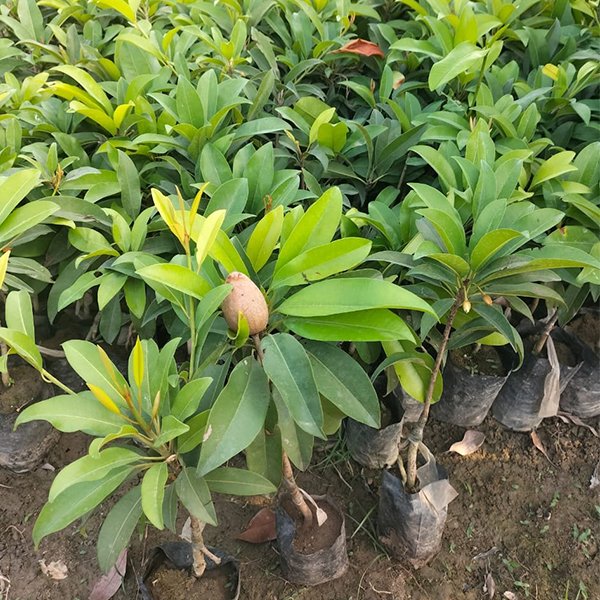

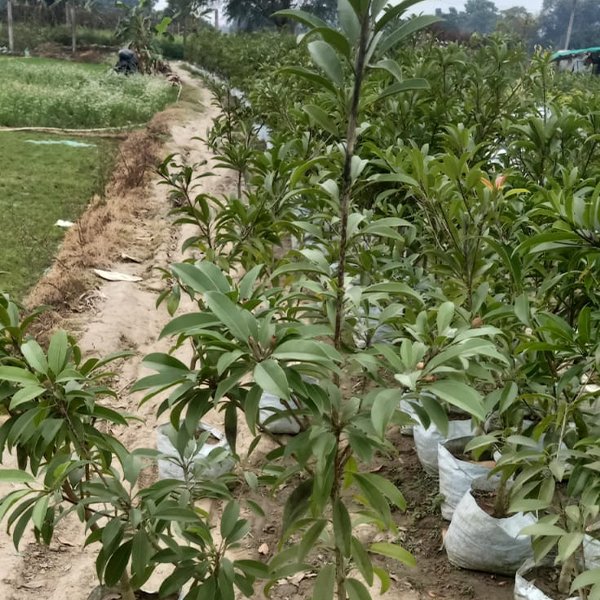
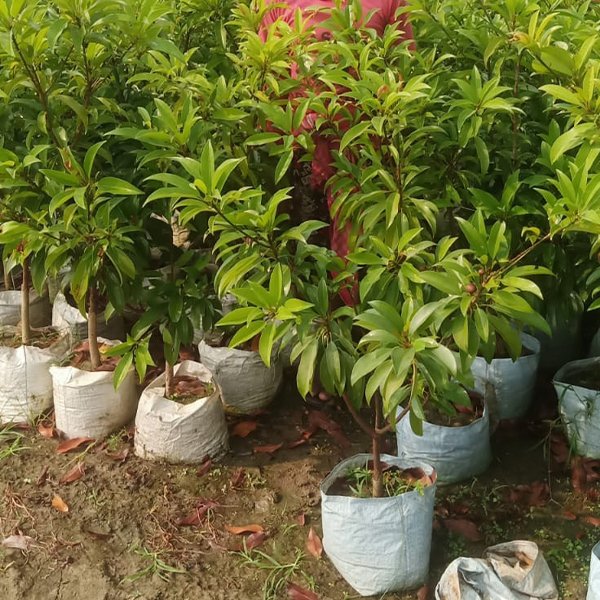
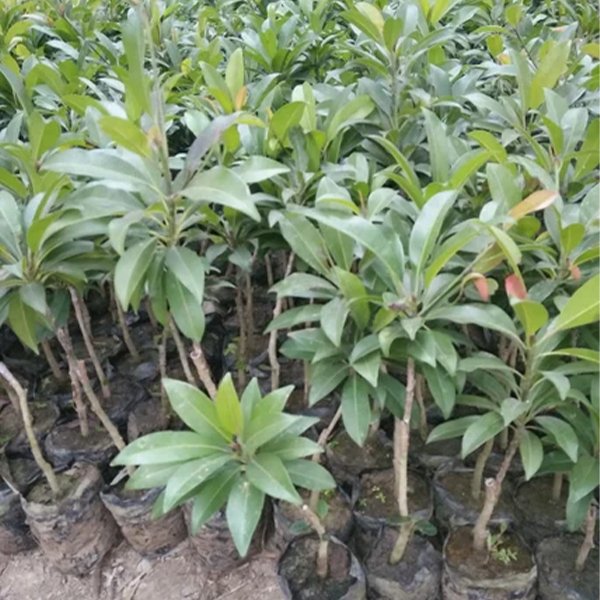
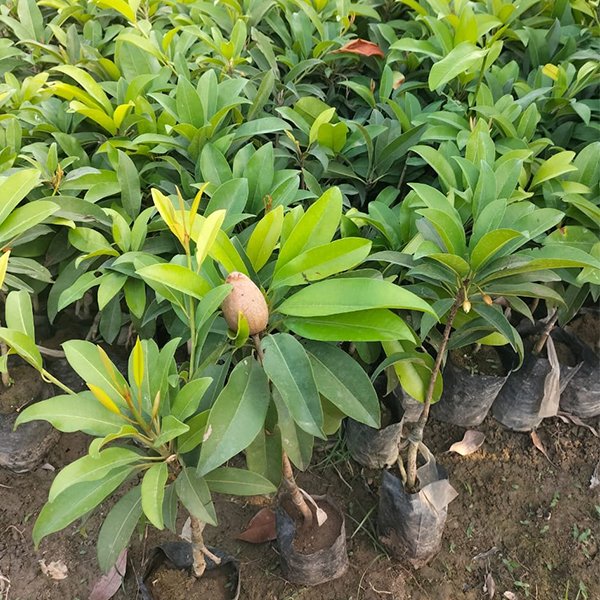

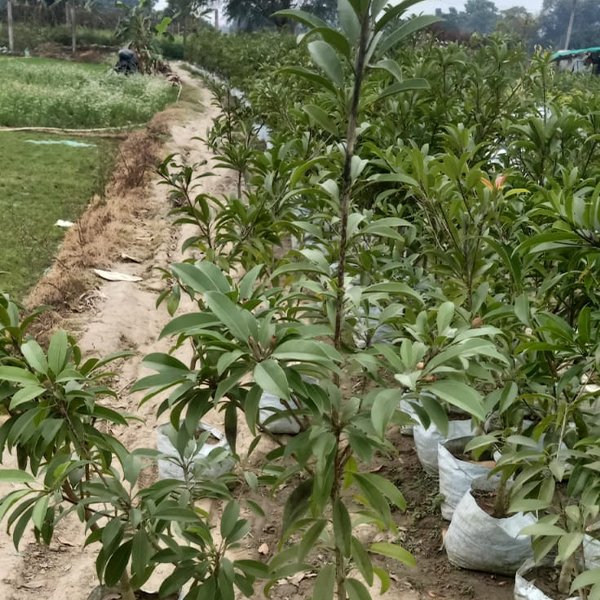
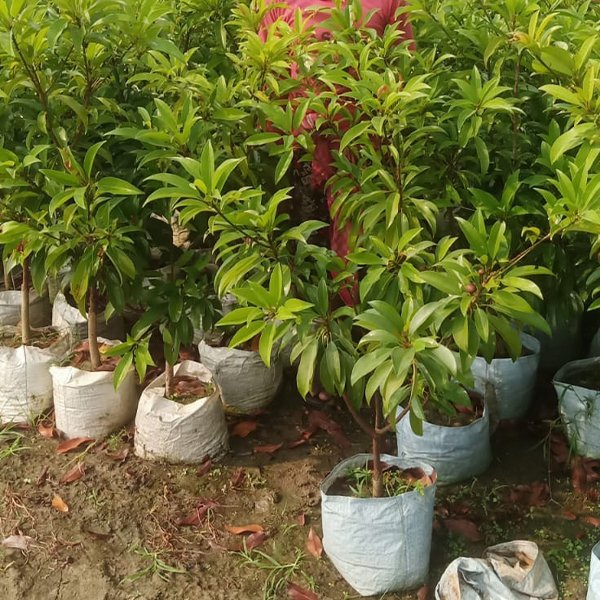
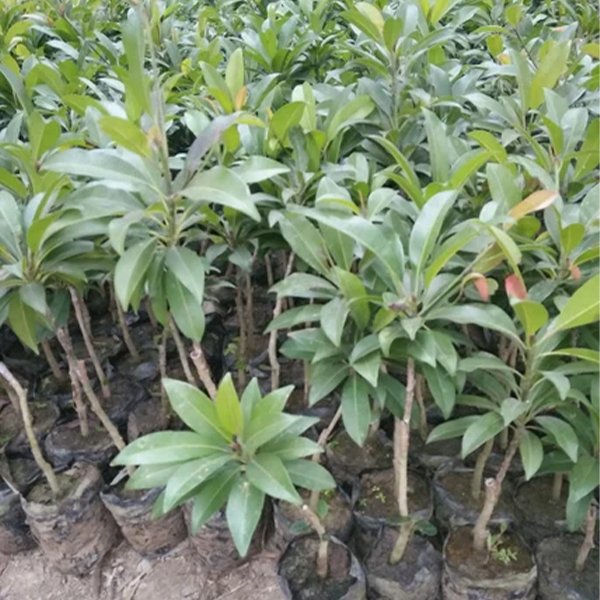

Lorem ipsum dolor sit amet, consectetur adipisicing elit. Delectus, suscipit exercitationem accusantium obcaecati quos voluptate nesciunt facilis itaque modi commodi dignissimos sequi repudiandae minus ab deleniti totam officia id incidunt? Reply
Lorem ipsum dolor sit amet, consectetur adipisicing elit. Delectus, suscipit exercitationem accusantium obcaecati quos voluptate nesciunt facilis itaque modi commodi dignissimos sequi repudiandae minus ab deleniti totam officia id incidunt? Reply
Lorem ipsum dolor sit amet, consectetur adipisicing elit. Delectus, suscipit exercitationem accusantium obcaecati quos voluptate nesciunt facilis itaque modi commodi dignissimos sequi repudiandae minus ab deleniti totam officia id incidunt? Reply